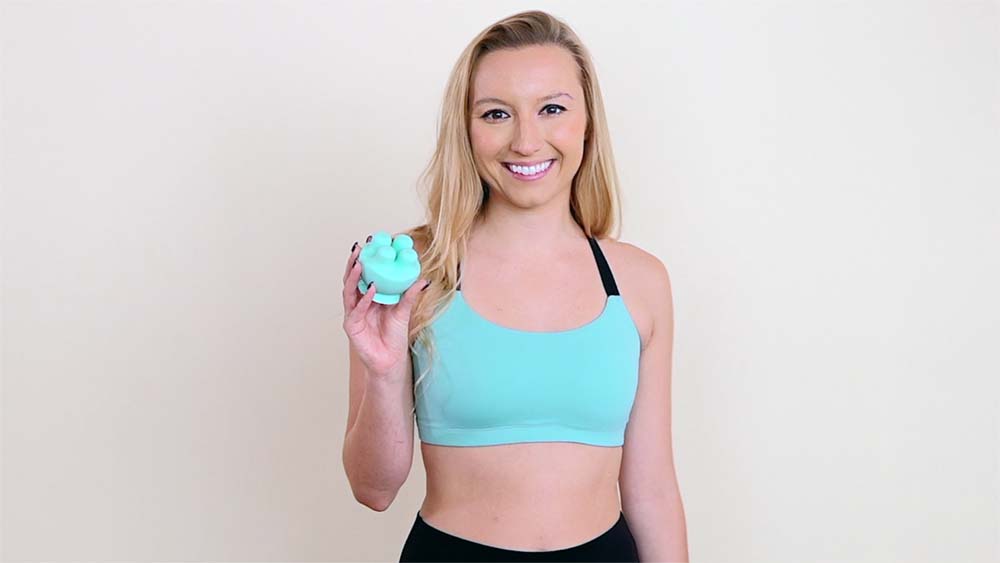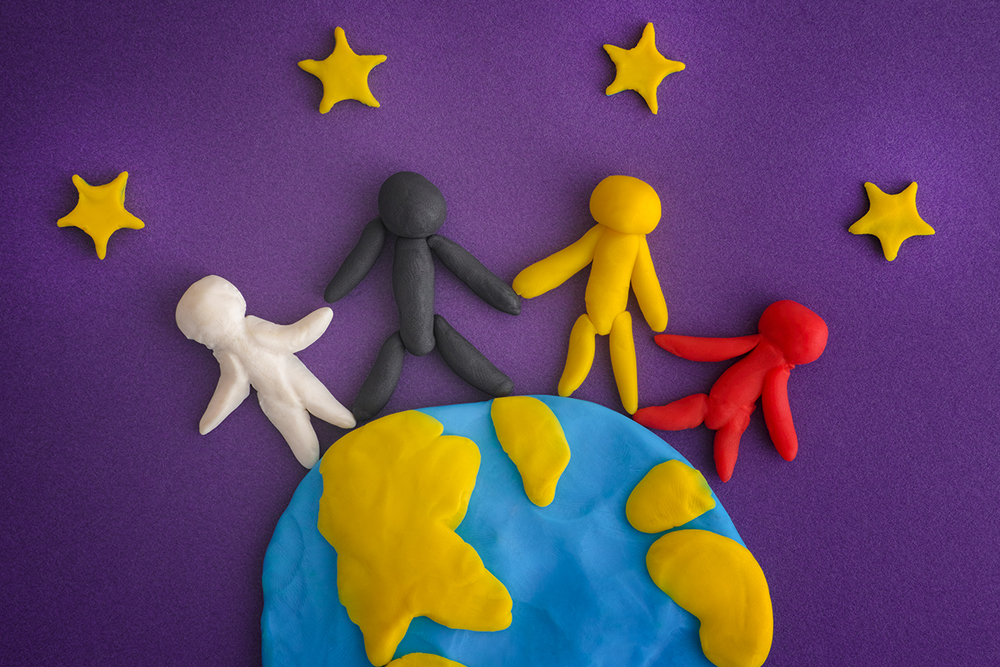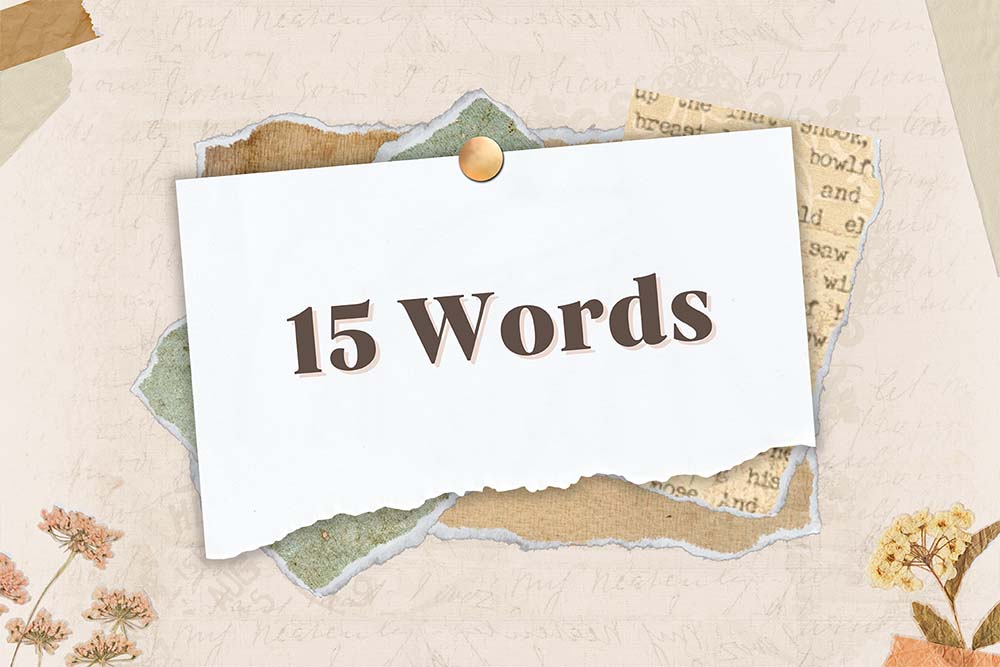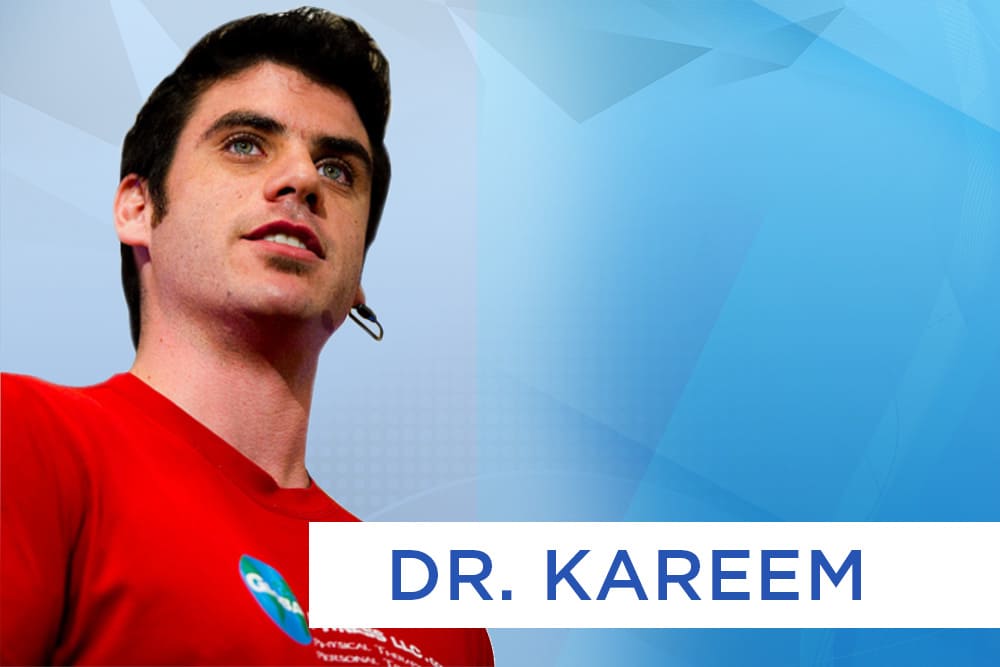The only challenge is that it’s hardly part of any medical curriculum, at the moment. However, you have the ability to understand food, at a gut level, and use it to your advantage.
Please consider the following applications for food, rather than simply seeing it as a tool — or obstacle — to weight loss and the body you desire:

Energy
The food you eat provides you with energy — or a lack thereof — for your day, workout, etc.

Digestion
You can assist or disrupt digestion by changing up the foods you eat, thereby modifying micronutrient balance, vitamin balance, carbon balance, selenium, and many other important gut-balancing nutrients. For example, eating dense proteins makes you shift balance towards digestion and away from other vital functions. Eating heavy fats can do the same thing, and even result in diarrhea or loose stools. Overeating grains can slow digestion, either solidifying loose stools, or slowing down digestion and creating constipation.

Focus
When I start my day with fruits (and nothing else) I feel clear, focused, and full of pure energy to conquer my day. I last longer, and I feel better throughout. On the contrary, when I start my day with bread, meat, or heavy proteins and greasy fats, well, I feel the opposite. Make sure to test this out for yourself and figure out your own superfoods, and super-breakfast-foods.

Hormonal balance
Foods like green tea, dark chocolate, turmeric, fatty fish, and fermented foods boost serotonin, and help with happiness. Dopamine — which helps with brain function — becomes elevated when you eat foods that boost Tyrosine, including raw almonds, avocados, bananas, grassfed beef, organic chicken, free range eggs, watermelon, etc. Epinephrine — which assists with fight or flight response — may increase production with foods like citrus fruits, bananas, cacao, and vanilla. So, as you can see, the foods you choose can completely alter your internal hormonal balance.

Self-control
Temptation is all around us. One of the best life skills you can develop, as it relates to career, family, temperament/mood modulation, and relationships is self control. Practice self-control by seeing food as a tool, temptations as practice, and social influence as an opportunity to improve upon yourself and your relationships.

Inflammation reduction
Foods containing antioxidants — like blackberries, walnuts, strawberries, cranberries, raspberries, and blueberries — fight inflammation and are associated with a lower risk of Cancer, Heart Disease, Diabetes, and other chronic pains and disease.

Celebration/ceremony
Across the world, food is seen as a way to celebrate important moments in life. Often times, the intention is pure, but the foods offered lead to lower level moods, and gut distention. Next time you’re celebrating with food, bring the dish that makes everyone feel better, so you can truly honor one another and enjoy your day.

Poison
Depending upon dietary allergies and individual food response, certain foods are known to be poison. For example, if you have Celiac Disease or gluten sensitivity (most people are at least sensitive), gluten is one such food. If you consume unnatural sugars — like sucrose — this can be seen as an inflammatory agent and poison to your body. As part of tribal ritual and psychedelics, certain mushrooms can be eaten to purposely poison the body and lead to hallucinogenic effects. Food is powerful, so use it wisely, and understand what feeling light-headed, moody, or queasy after a meal really means.

Mood management
By manipulating hormones through food and diet, your mood will change. If you are someone who chronically feels sad, consider eating foods that elevate your serotonin levels. Likewise, if you are overly stressed and always on the go, consider avoiding foods that raise epinephrine levels. Choose foods based upon how you want to feel, then take the time to evaluate how well it worked. One tip: when experimenting with foods for mood management, be sure not to mix in any ‘other’ foods; isolate foods as much as possible, based upon your desired effect.

Empathy
Fasting is one of the most powerful empathy exercises. It’s nearly impossible to fast for a prolonged period of time and ‘not’ feel empathetic. If you find yourself judging others around you, looking at a homeless person and wondering why they aren’t putting their lives together, or wasting food, I suggest you begin fasting regularly. It can be great for hormonal regulation, weight loss, muscle building, and empathy. Plus, our digestive systems need a rest from time to time, because that’s what would happen in nature (if we didn’t have a grocery store to simply drive to and buy what we want).

Discovery
When you learn to associate ‘food’ and ‘feeling’, you’ll begin to develop what I call: intuition-based eating. You’ll be able to look at food, know whether or not it’s good for you, and make decisions accordingly. Plus, it’s a fun discovery process, as you test out more and more foods, learning about your own body and how to naturally optimize it.

Love transmission
My grandmother (and mother) have always told me they “cook with a lot of love”. I’ve carried forth this tradition, and I’ve seen the difference when I’m in a hurry and forget to put love into a meal vs when I do. It’s noticeable, if you stop and watch. Food has energy, and we are made of energy. The energetic effort you put forth with food, how you feel while cooking, and how you feel while eating are all factors in how food drives the body. Please don’t underestimate this long standing tradition of cooking with love.

Gratitude
Before you take your first bite — and perhaps every bite — take a moment to feel grateful. This long-lost tradition comes from the time when food was scarce, and we hunted/grazed for every meal. Today, life is much different, but gratitude serves us the same as it did historically. Say (your version of) grace, feel for the animal or plants you’re eating, and thank them. I think you’ll be delighted by how your body digests, uses food, and builds upon itself to create a stronger — and happier — you.
I challenge you to look at food as an opportunity to help yourself, and others. No longer exist the days of food confusion, misconception, and disrupted harmony with nature. Today is a new day, and it’s ‘your’ turn to feel great and learn about your body. No one can teach you about personalized health like you — you are capable of doing this on your own, and we’ll be here to mentor you, find resources for you, and fill in the gaps.
 Energy
Energy Digestion
Digestion Focus
Focus Hormonal balance
Hormonal balance Self-control
Self-control Inflammation reduction
Inflammation reduction Celebration/ceremony
Celebration/ceremony Poison
Poison Mood management
Mood management Empathy
Empathy Discovery
Discovery Love transmission
Love transmission Gratitude
Gratitude








